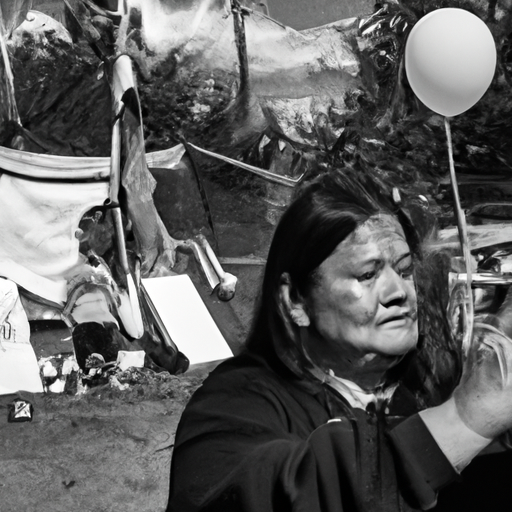Canadian Opioid Crisis: Moving Towards Economic Resilience
Today, we turn our focus towards the impact of the Canadian opioid crisis. The linked article discusses the attempts being made in First Nations communities to combat this situation. They are striving to create more prosperous and resilient communities whilst battling this sweeping crisis.
The Reality of the Opioid Crisis
The opioid crisis has had a devastating impact on thousands of Canadians, with the stakes even higher in First Nations communities. Increased rates of crime, homelessness, violence, and health issues such as opioid overdose have been a byproduct of this crisis. According to a 2019 report by the Public Health Agency of Canada, 94% of all opioid related fatalities occur within the community, not in healthcare facilities, showing the depth of this issue. Many of the homeless and those involved in criminal activity fall into the cycle of opioid abuse, forming a dangerous correlation. Opioid class action lawsuits are on the rise, further highlighting the magnitude of the crisis.
First Nations Economic Forum: A First in Canada
Amidst the turmoil, the inaugural First Nations Economic Advancement Conference (FNEAC) was held in Toronto, aimed at trading hope and prosperity for the despair of the opioid crisis. The focus was on bolstering economic resilience within First Nations communities — a step towards combating the opioid crisis. FNEAC spotlighted the economic innovation occurring within these communities, dispelling stereotypes and demonstrating their economic viability and brilliance.
Efforts to Combat Opioid Crisis
Many communities, often spearheaded by local warriors and champions, have risen to the challenge of this crisis. Employing strategies such as opioid class action suits and the distribution of naloxone kits, a medication used to counter the effects of opioid overdose, they seek to turn the tide against this crisis. Communities have also introduced programs aimed at behavioural change and creating awareness about the dangers of opioid misuse. The complex issue of the opioid crisis demands a multifaceted response, and these communities are taking it head-on.
Key Points
- The opioid crisis has led to increased crime, homelessness, violence, and health issues within Canadian communities, particularly First Nations communities.
- The First Nations Economic Advancement Conference is an innovative forum aimed at fostering economic resilience within First Nations communities, thereby offering an avenue to combat the opioid crisis.
- Many communities have initiated action against the opioid crisis, with strategies such as opioid class action lawsuits, distribution of naloxone kits, behavioural change programs, and opioid misuse awareness campaigns.
- The opioid crisis requires a multifaceted approach and many First Nations communities are stepping up to this challenge, a testament to their resilience and ingenuity.
Conclusion
In conclusion, the opioid crisis continues to ravage numerous lives and communities, with the toll on First Nations communities being particularly harsh. Efforts like the FNEAC aim to foster a sense of financial stability and resilience to combat this crisis, a task requiring a combination of economic progress, legislative action, community intervention, and accessible healthcare resources like naloxone. There are blatant challenges, but with a conjoined effort and continued support, these communities stand a good chance to turn the tide against the opioid crisis. They are reshaping the narrative from despair to empowerment, proving there are indeed some brilliant people here.


